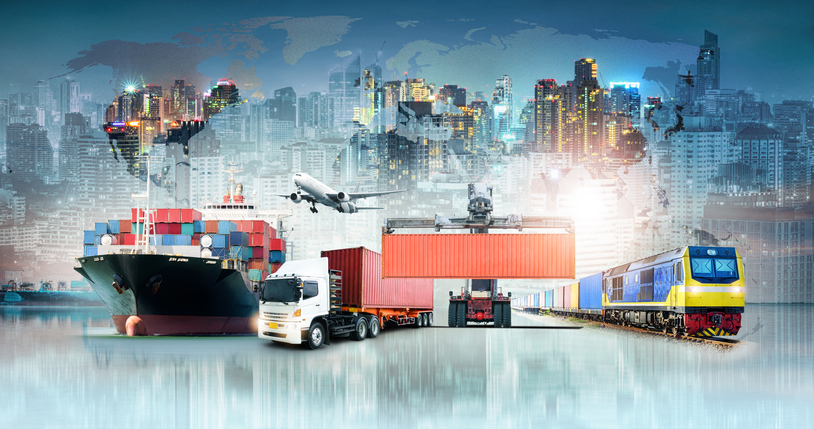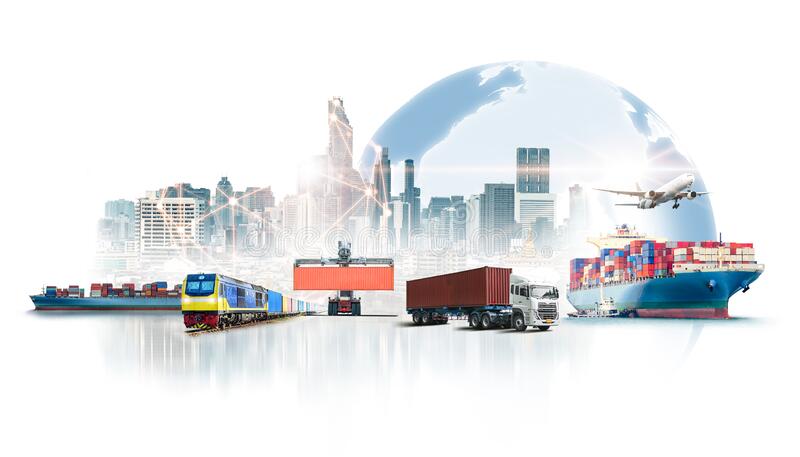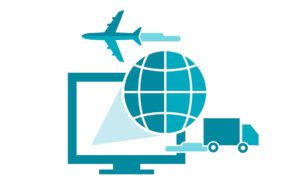The many types of logistics companies were created with the goal of giving businesses more assurance and peace of mind so that their operations are effective, timely, and affordable.
Are you attempting to improve the efficiency of your business? If the response is yes, we advise outsourcing your work to one of the various kinds of logistics operators we will describe below.
You will learn how many different types of logistics companies there are, what they do, and which one is best for your business in this article. Set yourself at ease, and let’s get started.
What is a logistics company?
A company that handles order processing, distribution to customers, and storage operations is known as a logistics operator like 3PL Links. To comply with the end user, this requires human, physical, and technological resources, as well as transportation and information systems.
Despite possible confusion, logistics companies provide more than only services. With the businesses they collaborate with, they become partners and take full ownership of the management, analysis, and execution of the supply system.
A number of different types of logistics companies are currently being hired by businesses, exporters, and importers for their core operations.
If a business intends to use this service, it must first consider which category of logistics companies best meets their requirements.
How many types of logistics companies are there?
There are companies who meet all logistics functions to reduce costs, enhance service, and remain competitive while adjusting to your company’s needs in order to meet the obstacles that businesses face every day.
There are five different categories of logistics professionals: 1pl, 2pl, 3pl, 4pl, and 5pl. We encourage you to learn more about them by visiting:
1PL
The Logistics World website states that first party logistics (1PL) companies are in charge of overseeing land logistics and freight transportation.
The most skilled companies can handle a variety of goods, including frozen, refrigerated, and dry cargo. Depending on the needs of the client, they may also manage various fleets, drivers, and amounts of transportation.
2PL
Second party logistics is the name of the logistics provider who is in charge of independent and sporadic services. They are specialized, as opposed to the 1PL, and only concentrate on one activity.
Its goal is to lower client or supplier expenses for increased capacity when needed, preventing an unnecessary expenditure.
Similar to the 1PL, its specialty enables the management of several transports, warehouses, and goods handling modalities.
3PL
Third-party logistics provides a wide range of services, among which are:
- Inbound transport
- The operation of distribution centers
- Value added services
- Stock control
- Outbound transportation
- Reverse logistics
The outsourced company now has a higher level of accountability because it provides both 1PL and 2PL services in addition to managing all associated operations to enhance supply chain efficiency.
The trends in the 3PL, unlike the other types of logistics companies, are:
- Transport and storage associations
- Shopping
- Consulting
- Information systems
- Consolidation
- Vehicle tracking system
- Information systems without documents
- Green logistics
4PL
In contrast to other types of logistics companies, the 4PL differentiates itself by taking ownership of the contracting company’s complete supply chain.
That is, it does not only refer to storage and transport, but also to:
- Obtaining resources
- Planning
- Control
- Coordination
- Audit
- Consultancy
- Execution of the correct operational functioning
The core responsibility of 4PL operators is to maximize each department’s performance so that it can participate in the supply system.
Additionally, they are accountable for occasionally assisting 2PL and 3PL operators in achieving their objectives more swiftly and effectively.
To make sure that your work and targets are achieved, these logistics companies utilize various quality and efficiency methods, like the supply chain, for instance.
Understanding that the 4PL model outsources the logistics process, whilst the 3PL model outsources the functions related to that process, this is necessary to distinguish between the two.
5PL
Today, we are already discussing fifth party logistics, which, in contrast to other types of logistics companies, aims to handle many supply chains in order to scale to a size that enables them to have reduced costs. This is all possible because of emerging innovations.
This is due to the service’s emphasis on increased volumes, better service standards, and more environmental efficiencies in this stage, which helps to reduce the carbon footprint.
5PLs must have systems based on cutting-edge technologies like Blockchain and Big Data, which is a terrific advancement for the present day and can be accomplished with the aid of smart collaborations with 3PL and 4PL companies.
What should you take into account when choosing one of the types of logistics companies?
When choosing between the types of logistics operators, you must keep in mind what type of service you need and what scope you want to achieve, because, as you have observed throughout this note, there are comprehensive and specialized logistics companies in a single service.
Once you have defined which logistics operator suits your needs, you should consider that it has:
- Trained staff in handling your merchandise
- Technology and equipment (inventory management software, cargo handling equipment, among others)
- Communication and information
- Security and financial support
- Infrastructure (in storage areas, for example)
- Insurance policy
- Flexibility in service
You will already be acquainted with the many kinds of logistics companies and why hiring them is advantageous for your business if you have read this article.
At 3PL Links, we assist you with our round-the-clock logistical service; we will be in charge of all your logistics. Contact us now!





